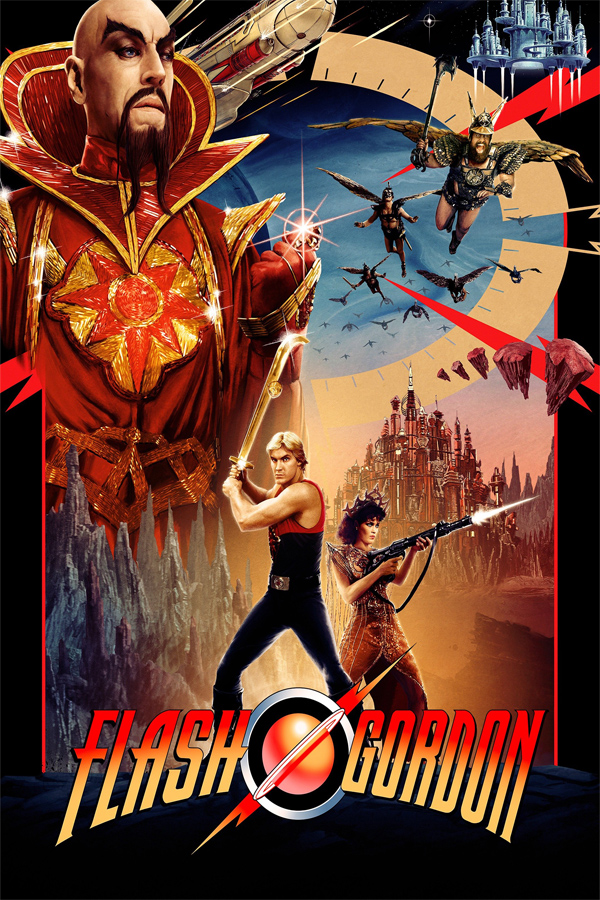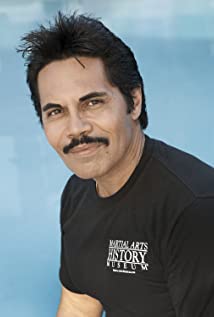Art Camacho
Art Camacho is considered one of the most accomplished directors, fight choreographers and stuntmen in independent martial arts films. Dubbed "The Fight Master," by Inside Kung Fu magazine, his directorial work includes Wild League, Assassin X, Recoil, Confessions of a Pit Fighter, Half Past Dead 2, The Power Within, Little Bigfoot, Little Bigfoot 2, The Cutoff, Point Doom, Final Payback, Gangland, Sci-Fighter, Crooked and more. Camacho went on to write and produce a number of independent films as well as appearing in over 36 movies and television shows.
Camacho has received numerous awards for film direction including awards from Alan Horn (Disney Studios CEO) and Michael Klausman (CBS) and has been featured in several international magazines including Black Belt, Inside Kung Fu, Karate International, Cinturon Negro, Masters and Styles, Secrets of the Masters, Martial Arts Illustrated, the Martial Arts History Museum's Hall of Fame book and most recently, the author of his autobiography, "A Filmmaker's Journey."
L.A.'s largest Spanish language newspaper "La Opinion" dubbed him as "One of Latino Hollywood's best action film directors."
He is the host and director of "The Camacho Experiment" on the El Rey Network and is a member of the board for the Martial Arts History Museum.
Camacho holds black belts in Wun Hop Kuen Do (6th degree) under Grandmaster Eric Lee, and Hing Ling Do. He also has training in Wing Chun under Grandmaster Samuel Kwok, Jeet Kune do, Kali and Boxing/Kickboxing.Started his martial arts training in Karate and Kung Fu under the legendary Eric Lee. Later he also trained in Jeet Kune Do and boxing. This went so well that he quit school at the age of 16, to focus on his training.
Was small and obese as a child and grew up in a hostile environment.
Has a 4th degree black belt in Wun Hop Kuen Do.When fans ask me for advice, here's what I tell them: "Do it with passion, or don't bother doing it." I consider Ed Wood a prime example on that score, even though many have cited him as a textbook example of how NOT to make a film. My point is that *he made films.* Sure he did it badly, sure he did it wrong; nonetheless, despite everything, he *did it.* As opposed to Stanley Kubrick; from the 1970s on, if you wanted a Kubrick-type movie, you were lucky if you got it from Kubrick.

